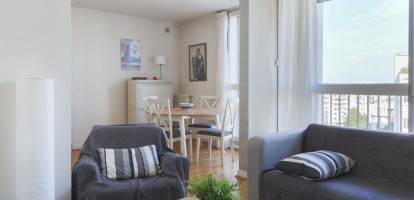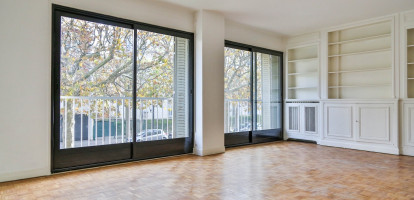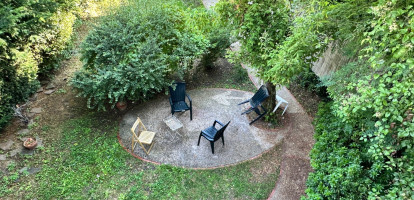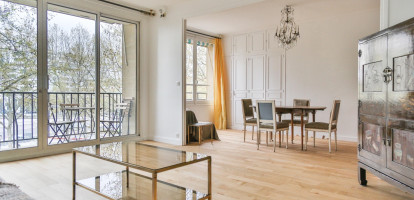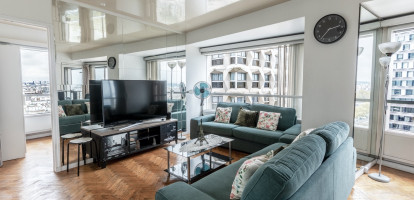Essential Documents and Measures for Homeowners to Protect Their Rental Property
As a homeowner, safeguarding your real estate investment and securing your rental income should be a priority. Below is a comprehensive guide to the key documents and measures you can require from tenants to mitigate risks.
Guarantees to Protect Your Property
One of the primary worries for landlords is dealing with tenants who fail to pay rent or cause significant damage to the property. To avoid such issues, you can require the following:
- A security deposit
- A rental guarantor
- A certificate of home insurance
1. The Security Deposit
The security deposit is a crucial safeguard for landlords. Here’s how to manage it effectively:
Requirements and Limits
When signing a lease, collect the deposit and clearly specify the amount in the contract, ensuring it adheres to legal limits: no more than one month’s rent (excluding charges) for an unfurnished rental and no more than two months’ rent for a furnished rental.
Returning the Deposit
Return the deposit within one month after the tenant’s departure unless there are unpaid rents, charges, or damages. In such cases, you may withhold the corresponding amount, provided the issues are documented in the premises inventory and supported by invoices detailing repair costs. Any remaining deposit must be returned within two months.
2. Rental Guarantors (or Guarantees)
In addition, you can ask your tenant to provide a guarantor. A guarantor is a person or a legal entity (bank) who agrees to pay the rent, charges, and rental repairs owed by the lessee in the event of default. An act of garantee may set a maximum amount for which the guarantor agrees to pay all of your tenant's potential debts.
Namely: The guarantor (s) must provide proof of identity and income like the tenant.
In case the tenant can not present a guarantor (person), you have the option to request a bank guarantee (legal entity).
Bank guarantee
A bank guarantee covers the risk of unpaid rent by asking the tenant a sum of money corresponding to x months of rent which will be blocked on an account during the duration of the lease. In general, this amount corresponds to one year's rent and the bank guarantee is renewable every year.
How much does it cost ?
In addition to having to block money, you will have to pay about thirty Euros per month for service, or € 360 a year. This amount is partially offset by the interest that the tenant gets on the money deposited in the blocked account.
Advantages and disadvantages of bank guarantee:
For the landlord :
+ Even better than a Garantor
- The lessor must write explicitly to the bank to raise the deposit.
For the tenant:
+ No need to solicit relatives
- High fees
- Delay in recovering the amount of the blocked money after departure from the dwelling
Advice: At the time of the inventory of the premises, the tenant should request the documents concerning the lifting of his bank guarantee from the owner.
3. Home multi-risk insurance
Your tenant is required to insure the rented premises against the rental risks (fire, explosion, water damage ...). If he does not provide a home insurance certificate, you can legitimately take action to terminate the lease or purchase insurance at his own expense.
4. Other precautions to take as landlord
In order to protect you to the maximum, choose your tenant carefully by verifying that he earns at least three times the rent and that his income is regular. Do not forget to include a “resolutive clause” in the lease in the event of non-payment of rent, and at the entry do establish the “Inventory of the premises” with meticulousness.
You also have the possibility to take out an insurance for unpaid rent (GLI) which would then replace the deposit, because the two are not cumulative. This insurance has a cost ranging from 2.75% to 4.5% of the amount of the rent including charges, depending on the insurance companies and of the guarantees taken.
Also, you could request from a potential tenant that he/she works with GarantMe, the rental Garantee for the tenants who do not have a Garantor!
Photo by Darío Gutiérrez
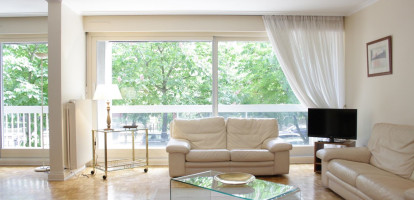


 Français
Français

